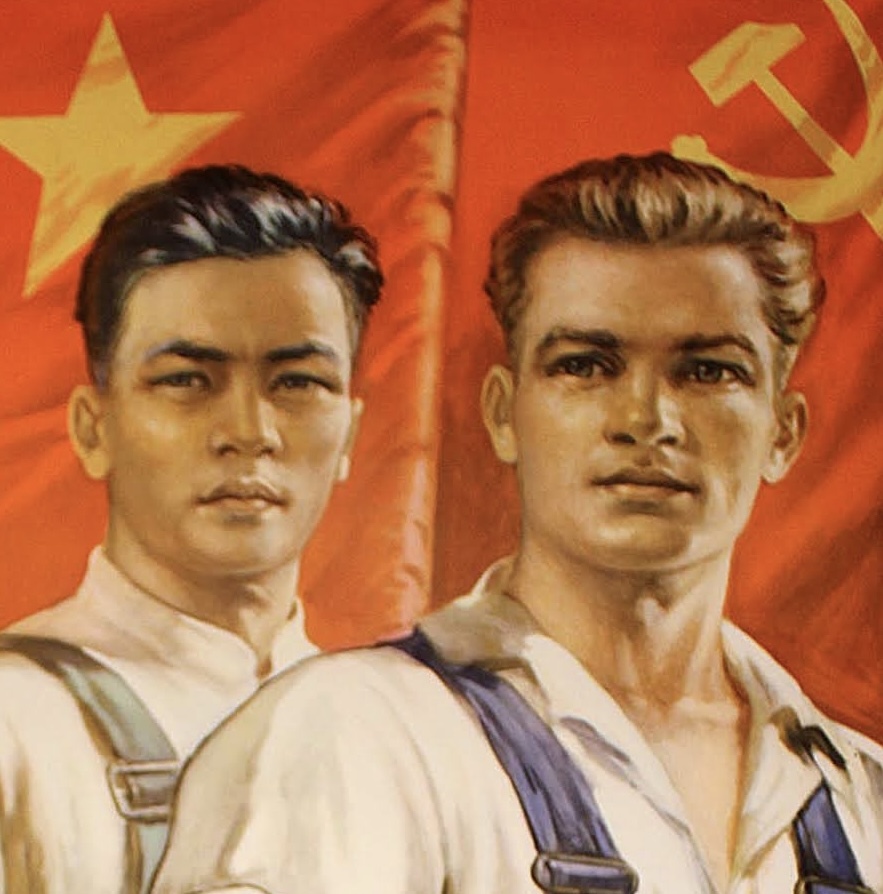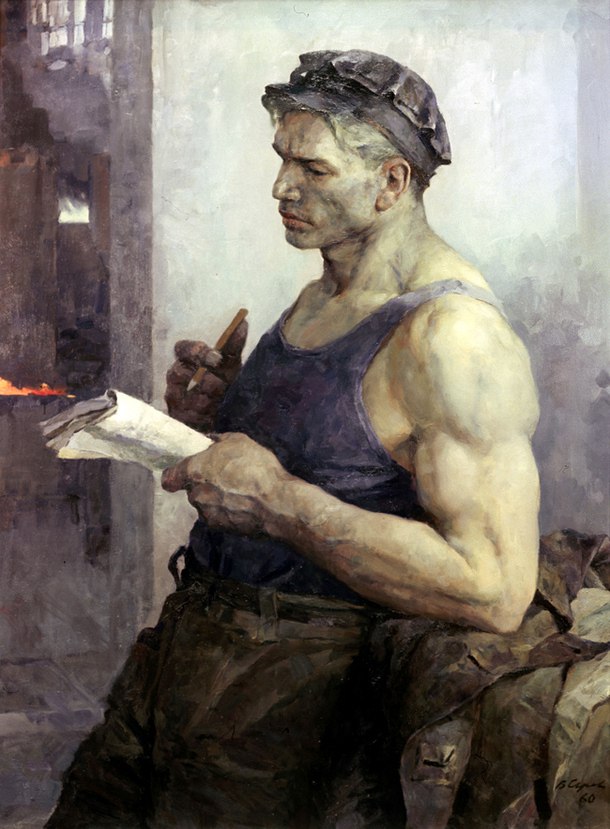During the waning days of the Roman Empire they suffered from major manpower shortages, as well as a lot of refugee “barbarian” tribes who wanted to settle within their borders. The Romans then tried to use these barbarians as their primary fighting force, while also treating them like savages who should be kicked out of Roman lands. It didn’t go well for them when they tried that, but they were unable to put aside their racist attitudes towards “barbarians” and it helped destroy them.
Sure sounds familiar doesn’t it. US now has a declining population and it’s increasingly relying on immigrants from Latin America for labor while treating them as subhuman and giving them no rights. I mean what could go wrong here.
The late Roman period was also characterized by sudden and intense climate change as well. Though that one was natural.
Oh yeah, I forgot all about that. There was a plague too as I recall.
I don’t recall one in the final days of the Roman empire, there was one that contributed to the crisis of the third century, and the was the plague of Justinian in the west that contributed to a major weakening of the Eastern Roman empire, but I personally haven’t heard about many plagues during the late 5th century. I’m not an expert though, so this could very easily just be me not knowing.
so I got curious, and turns out there was a plague and it’s also linked to climate change https://www.scientificamerican.com/article/the-roman-empires-worst-plagues-were-linked-to-climate-change/
Interesting stuff, though the article doesn’t mention a plague during the fall of the western Roman empire, which was the area I was talking about specifically. They had plenty of plagues in other times though, and they were absolutely linked with climate change, as poor harvests and famines allow disease to spread much easier, people have weaker immune systems from lack of nutrition and they move around more as their farmland is not growing anything and they have to farm elsewhere.
Yup, there’s actually a really fun podcast on the fall of Rome that goes into a lot of social, environmental, and economic issues that came together https://wondery.com/shows/the-fall-of-rome-podcast/
Aren’t those articles dragging Russia for conscripting prisoners still hot off the press? lol
I’ve been equally amused by western media talking about how the growth of Russian economy due to military spending is unsustainable, like who’s gonna tell them…
Yeah, but if they wish hard enough maybe it’ll come true?
Worked for the Romans and French, didn’t it?
Arguably one of the main factors in the fall of the Roman empire.
At what point are you referring here? Rome had struggle sessions about citizenship for military service since even before the Empire, with a notable example being the Social War, which ended with the extension of citizenship to allied tribes.
Non-citizen armies were already a thing since the early Julio-Claudian period. And doling out citizenship for “good service” was a practice as long as citizenship itself in Rome.
One could hardly call that a “main factor” to the fall if it was so present during Rome’s rise in the first place, unless they severely compress the timeline. In fact it’s a common technique by modern racists to try and equate Roman non-citizens and “barbarians” with modern USA immigrants, and pin the whole fall of (Western) Rome on trying to incorporate those “migrants”.
It’s worth remembering that the entirety of Rome’s “Fall” historiographical section is usually some 250 years in length, about the same as the entire history of the USA.
And even after the dissolution of the Western Half by the Odoasser coup, Eastern Rome still kept trudging along for almost a thousand years And for most of that time they employed foreign mercenaries and soldiers, either from unincorporated regions of Anatolia, or later on from the region that eventually became the Kievan Rus’, who were given privileges. Two notable examples are the Isaurian-born emperor Zeno and the Varangian Guard.
Maybe I’m a bit over-serious when it comes to Rome, but I think it’s important to not be fall into anachronism to criticise the current Empire.
This current development could be taken as a proxy of a sign of desperation to get new recruits. It could also be an useful tool to groom loyal “good migrant” future citizens, to create more splits in migrant communities and prevent class consciousness. I would argue it worked out very well for the Roman regime in many parts of their history.
I’m referring to the later days of the empire where the currency got devaluated to the point where they started having trouble paying their professional army. The empire started increasingly taking tribes from Gaul and other places and effectively using them as a mercenary army with promises of land and pay. Eventually these armies turned on Rome because they weren’t getting what they were promised.
This is a similar situation we’re currently seeing develop with US empire where it’s finding itself overstretched globally, while it’s economy is now shrinking due to factors such as dedollarization and the rise of BRICS. The premise of grooming a new loyal army sourced from people that come from the countries that US has been brutalizing for the past century seems like a risky proposition in this context.
Meanwhile, it’s also worth remembering that rate of communication back in Roman days was orders of magnitude slower than it is today. Even simple things like sending messages from one end of the empire to another could take weeks or months time. Today we have instant communication, and all forms of physical transport happen at a much faster rate as well. So, it’s silly to compare timelines of the fall directly.
And sure, if US ends up dissolving, then we’ll see enclaves of former states that band together much like parts of the Roman empire did after the initial collapse.
Makes sense. I didn’t quite understand what you were referring to, so the reply was a bit kneejerk. I wonder if there’ll ever be a “low pay” situation for the MIC, though. It seems to be the only thing the US ever bothers to fund.
Your point regarding BRICS makes a lot of sense too. I don’t think Rome ever had any equal competitor after Carthage like China is to the USA. Most comparable empires were too far away to “steal” Roman support. Best I can think is Axum or the Sassanid Empire, but they’re too far from the Mediterranean. Imagine the impact of something like BRI but for western Latin America.
I still think it’s risky to compress the Roman timeline when it comes for ideological and policy decisions, moreso due to how it simplifies a lot of the nuance and ebb and flow of history. It’s so much time, with so much happening and so much surviving history, that it’s easy to cherrypick specific events to create one specific narrative.
So for example, much as I agree that not being able to maintain their professional non-citizen army created the conditions for (at least) regime at multiple points in Roman history, I also think that promising citizenship for alliances during the Social War was critical for Roman victory against the rebelling tribes, and drove a wedge between them.
And it may be my Byzantophile heart speaking for me, but given the East remained fairly strong up until the 7th century (and almost retook Italy under Justinian I in the 6th), I’d say that was actually just the new core for the Empire rather than “parts of” Rome.
I remember reading something about how the Roman economy was already being redirected from Italy and Iberia to North Africa and Anatolia, but I can’t confirm it with a source right now. But a good proxy is how many post-Hadrian senators and Emperors wrote in Greek rather than Latin.
Overall though, I agree with your points and am just being pedantic.
You’d consider Axum a competitor to the Roman empire but not the Parthians? That’s a perspective I haven’t really heard before, do you mind elaborating on that? (EDIT, this is meant to be curious and earnest, not an accusation or anything, I’m interested in hearing your opinion)
I think Parthia counts as one of the biggest competitors during the rise period, but during the decline period they were already the replaced by the Sassanids (I’m not acquainted the internal details of how that happened).
But like Axum, neither were ever in a position where they could capitalise on the failing Roman grasp in the Northwestern Mediterranean (nowadays called “Europe”). So the pressure they applied was in the frontiers rather than the direct blows to the core of the Western Half by the Visigoths and Vandals and such.
Geography severely restricted them in a way that can’t restrict China from forming economic alliance with the USA’s plundering grounds, so that was the gist of what I was referring to.
But after the fall of the West, the Sassanid empire became the biggest imperial rival for Rome until the Muslim expansion made them look like rump states. So in a very contrived way, one could say Iran was always (Imperial) Rome’s biggest opponent, but sadly there was no Iran in Britain.
Very succinct, thank you. I mentioned Parthia because Axum was a contemporary of theirs, but they lasted for an insanely long time, so they were a contemporary of the Sassanids too.
And if I remember correctly, the Sassanids were a Satrap of Parthia who revolted and ended up taking most of their territory from them. And both the Sassanids and Eastern Romans spent so many resources fighting each other that the Muslims were able to devastate both empires. (though there’s more too it than just that obviously)
I think that ultimately it’s not just a question of printing money, but rather that of the material conditions. If US continues to erode things like social services, industry, and infrastructure, then the ability to keep the military supplied and equipped will necessarily erode as well. Meanwhile, a big military is putting a burden on society because labour ends up being diverted from socially useful activities towards stuff like weapons production. This, in turn, translates into having a less capable workforce. For example, Raytheon had to bring back retirees to produce missiles indicating lack of available skilled labour. It’s not possible to have a well functioning military without having a well functioning society to back it.
I very much agree that we shouldn’t get too invested into analogies with Rome or any other empire. Each historical period is subject to the material and social conditions of the time. There are similar dynamics that can be observed, but it’s also important to focus on the actual driving factors that are in play today. We might see similar overall trends, but the details will always be different.
Playing tribes against each other was very much a successful strategy for Rome, and we can see loose parallels to that with how US creates instability globally by interfering in other countries and promoting separatist elements within them. Keeping people divided is a true and tested methodology that empires use to keep control.
And don’t think you’re being pedantic, my original comment was pretty shallow. :)
Nah, you’re good. People (myself included) tend to apply a lot of oversimplified Roman history to the modern united states, but they aren’t alike at all, and the simple version we often tell rarely gives us a proper picture of events.
Arguably one of the factors in the rise of it too
I think we can agree that US is looking more like the late Roman empire today than when it was at its prime though.
… No one tell the United States… We still think we look like Rome during its rise or its prime …
i dunno, i think it had more to do with roman racism than outsourcing the army… but yeah, combined with racism, it was a disaster waiting to happen…
and there’s certainly no lack of racism to be had in the old US of A
Weren’t the foreign troops some of the most loyal, fierce, experienced, and determined fighters?
The very same that turned on the empire when it couldn’t afford to keep paying them and sacked Rome in the end.
Ha, soldiers are soldiers no matter where you go
But did it really matter they were foreign? For the entire history of the empire the Praetorians threatened to kill the emperor if they didn’t get bonuses.
The first people that Caesar paid after his campaigns were his soldiers.
THEY DID IT, THEY DID THE MEME… wait did any one tell them the protagonists in starship troopers where the bad guys… I feel like that was important context that should have been picked up by watching the film… I feel like they thought they where watching the good guys…
The book is very different from the film, especially in tone. The film is pure satire, but the book was quite serious in its anticommunist themes, going so far as using the Arachnids as a metaphor for - specifically - Asian communists. Heinlein thought of Asian communists as virtually mindless, sacrificing themselves for the collective - like bugs.
I mean fair enough, I had heard that about the book, but I have never personaly read the book.
It is well written enough to be an uncomfortably good piece of fashy propaganda.











